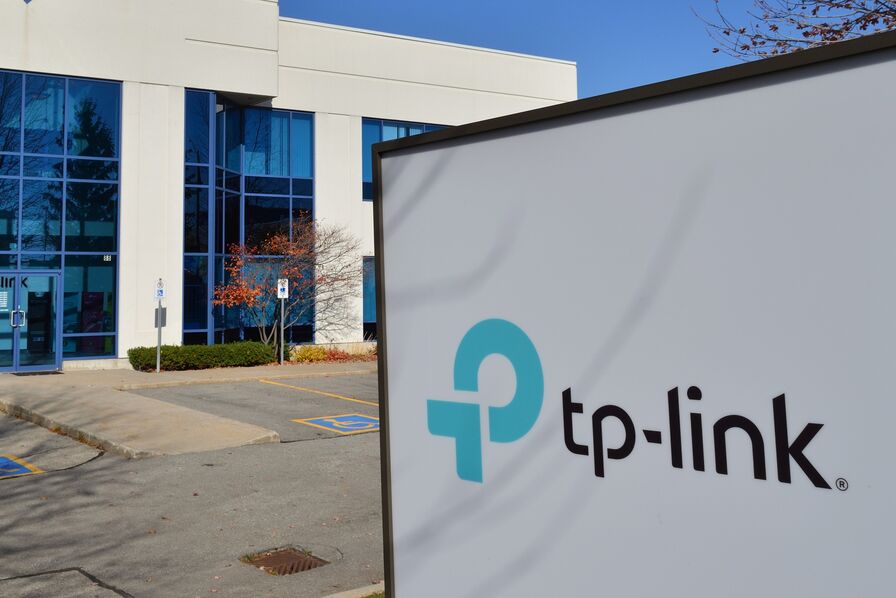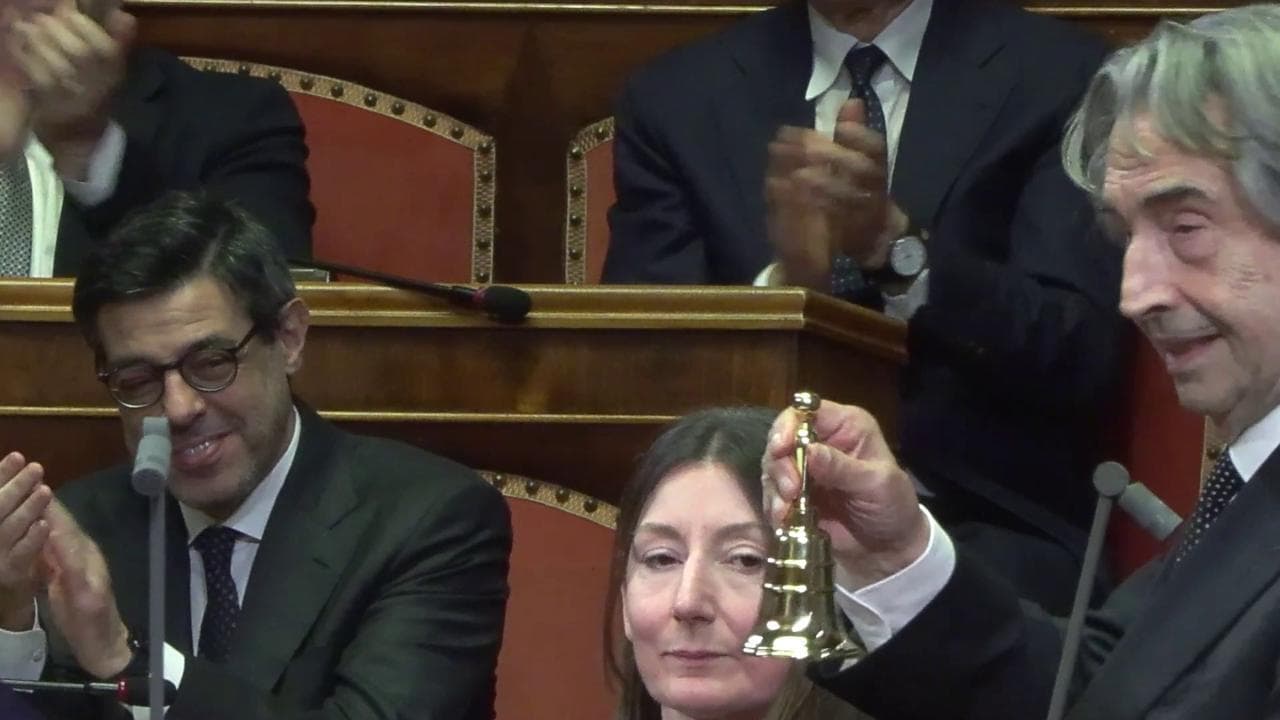
This is a way of working that we are afraid to see: a large company enters into an agreement with a smaller company to poach a portion of its employees. Recently, startup Character.ai paid the price. The latter has developed a platform where one can create or simply chat with bots that are supposed to embody living or dead, real or imaginary characters. But here it is: Its founders have been poached by Google in a $2.7 billion deal, as revealed in Financial Times.
Based in San Francisco, the startup was born in the midst of the AI boom. She is succeeded by two veteran Mountain View employees: Daniel De Freitas and Noam Shazier. The two previously left the tech giant after it refused to launch its AI-powered chatbot.
Noam Shazier is also one of eight Google scientists behind the paper on the “transformer” architecture for language processing, which launched the generative AI revolution. In March 2023, The company even raised $150 million With prestigious Silicon Valley venture capital funds, such as Andreessen Horowitz. A funding round that allowed it to exceed the symbolic value of $1 billion, just a year and a half after its launch.
A previous agreement was reached this summer
As part of the agreement with Google, the company rehired Noam Shazier and Daniel de Freitas and hired 20% of Character.ai’s staff – the latter joining the AI subsidiary DeepMind. This represents approximately thirty employees. In addition, the giant has paid $2.7 billion for a single license for the startup’s models so far, without access to future technologies, according to people familiar with the deal.
Dominic Perrella, the company’s new interim CEO since last August, hopes that the Google deal will not raise antitrust concerns because it plans to operate in the same market.. “We are continuing to conduct research on artificial intelligence.” Announce. “We still have all of our technology, we have almost all of our employees and we continue to grow.”
Risk of being caught by antitrust regulators
In this type of case, the risk of arousing the curiosity of regulators is not at all remote. In the past, many agreements have proven difficult to establish, such as Microsoft’s $13 billion alliance with OpenAI. Recently, another operation troubled the authorities: The deal amounts to $650 million Microsoft’s deal in March to hire Inflection CEO Mustafa Suleiman and other employees at the startup.
UK Competition Regulatory Authority And so the investigation was conductedHe described it as a “breakdown” before eventually abandoning his search. The European regulatory body, which was also paying attention to this process, ended up stopping follow-up as well Court decision of the Court of Justice of the European Union. $4 billion deal between Amazon and startup Anthropic He suffered the same fate.
What about the future of Character.ai?
With the $2.7 billion resulting from the deal with Google, Character.ai decided to buy back the shares of its investors and distribute them to employees in the framework of a cooperative, “A very unique and perhaps unprecedented architecture in Silicon Valley,” The latter has a stake of less than 10%, Dominic Perrella told the Financial Times. The remaining funds must be used to run the business for 18 months. It is not impossible that it will seek to raise funds again and enter into other licensing agreements.
Its founders – from Google – were the company’s guarantors. Without them, Character.ai’s future may be in jeopardy. There are still about a hundred employees so far: they will focus on improving existing products – chatbots – rather than on developing artificial intelligence models. The startup has largely dropped out of the LLM race and turned to better-funded competitors such as Microsoft-backed OpenAI, Amazon and Google, Dominic Perrella told the Financial Times.
Focus on the already finished product rather than developing new models
“It has become very expensive to train leading models, even with a very large startup budget.”He pointed out. The startup now boasts a monthly active user base of 20 million, which has doubled year-on-year, with a mostly younger user base, aged between 13 and 25 years.
Its revenue comes mainly from subscriptions. Meanwhile, Character.ai has just announced the hiring of Erin Teague as product manager. The latter previously worked at Google as a product manager on Gemini models and on YouTube.
Tech giants are crushing the competition
Big tech companies regularly attack small businesses, that’s a fact. The danger, as everyone tries to develop their own generative AI model, is to see these startups and their solutions stuck in the cracks opened by Amazon, Apple, Google, Meta, or even Microsoft. Crushing the competition would provide them with a way to develop their own models and vision for generative AI. Character.ai has also been the subject of acquisition interest, particularly from Meta, with no agreement eventually concluded.







